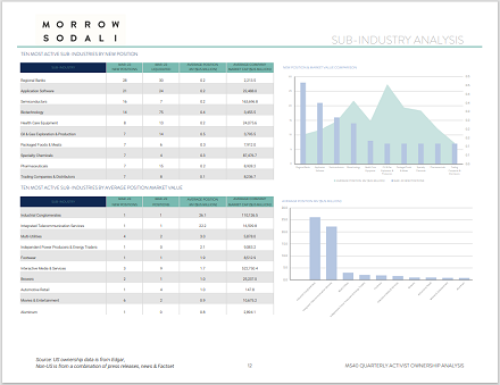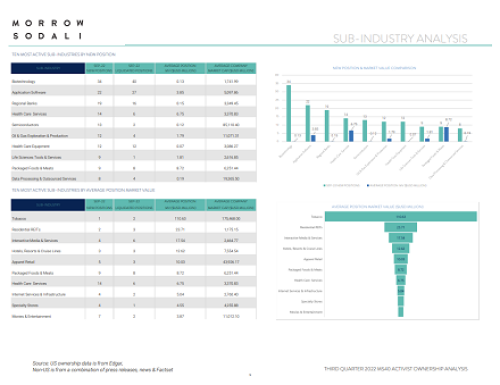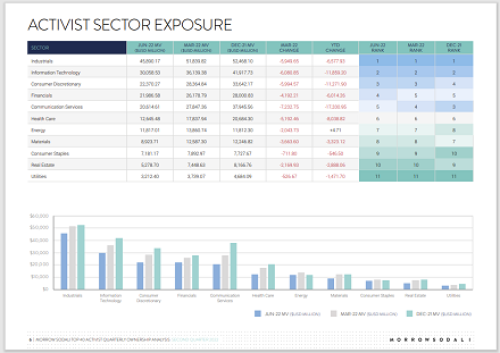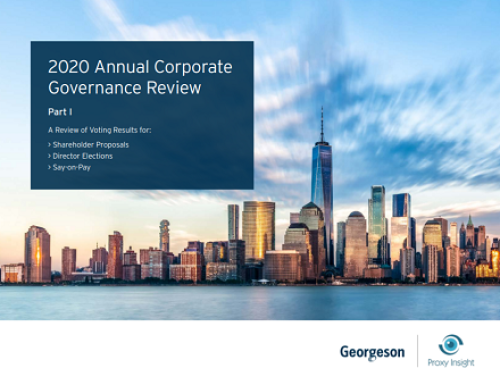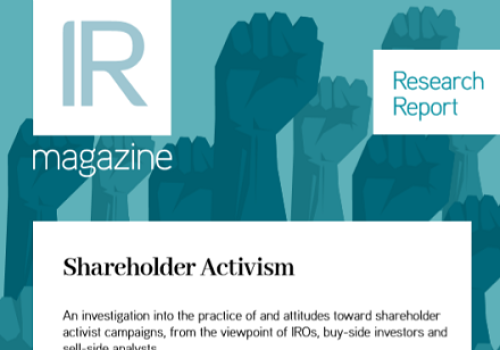A ‘significant’ number of shareholders (20.7 percent) voted in support of a proposal calling on BP to set tougher emissions targets at its AGM yesterday. While this is a rejection of the proposal and far off a majority, it is more than double the 8.4 percent support garnered by the last proposal put forward at the company by climate activist Follow This in 2019.
Follow This called on BP to publish short, medium and long-term targets to reduce emissions that are consistent with the 2015 Paris agreement to limit global warming to below 2ºC from pre-industrial levels.
BP’s board had opposed the resolution and, in a statement on the voting results, Follow This points out that the level of investor dissent on its resolution ‘stands out compared with the other 12 resolutions, where up to 99 percent of shareholders obeyed board advice.’
Mark van Baal, founder of Follow This, says the almost 21 percent support shows that investors agree ‘BP should go back to the drawing board and disrupt its current business plans, which involve an increase in emissions, in order to protect investors’ assets from climate change.’
BP said in a statement following the AGM that ‘we will continue to engage with shareholders on our strategy, targets and aims so as to ensure their views are fully understood’, adding that it will publish an update on its engagement ‘in accordance with the UK Corporate Governance Code’ within six months of yesterday’s annual meeting.
At the start of the AGM, Helge Lund, BP’s chairman, said that ‘in practice the resolution would constrain BP’s ability to adjust its strategy in future as the energy transition unfolds.’
The oil and gas giant has already published plans to reduce its greenhouse gas emissions from oil and gas to zero as well as cutting the carbon intensity of its products in half by 2050. BP further plans to cut oil output by 40 percent and boost its renewable power business 20-fold by 2030.
But Follow This says BP’s plans actually involve an increase in emissions by 2030. ‘Saying that you’re Paris-aligned isn’t enough to appease investors anymore,’ says van Baal in a statement. ‘More and more institutional investors want all companies in which they are shareholders to commit to Paris because they foresee that they cannot make a decent return on their capital in a world economy disrupted by devastating climate change.’
According to Follow This, institutional investors that supported the proposal include ‘the majority’ of the 10 largest Dutch investors.
Majority support at ConocoPhillips
The BP AGM came a day after a ‘historic vote’ at ConocoPhillips, where a climate resolution filed by Follow This gained a majority of investor support (58 percent). It marks the first ever majority for an emission reductions climate proposal, which called on the company to set emission reduction targets for product emissions.
‘Conoco and its shareholders are at the same stage as Shell was in 2017,’ said van Baal following the annual meeting. In 2017 Shell rejected the same resolution with the same argument: that it did not want to take responsibility for the emissions of its products (so-called Scope 3 emissions), says Follow This. By the end of 2017, Shell had set ambitions for all emissions, including Scope 3. BP, Equinor and Total have also all agreed to Scope 3 emissions targets following investor pressure.
In its opposition to the resolution, Reuters said ConocoPhillips had argued that it ‘does not control who processes our crude oil, what energy products they are transformed into, nor how those products are made, marketed and used.’
Following the vote, ConocoPhillips general counsel Shannon Kinney was quoted as saying that directors ‘will take the outcome of this vote into account when evaluating our management of climate-related risks.’


